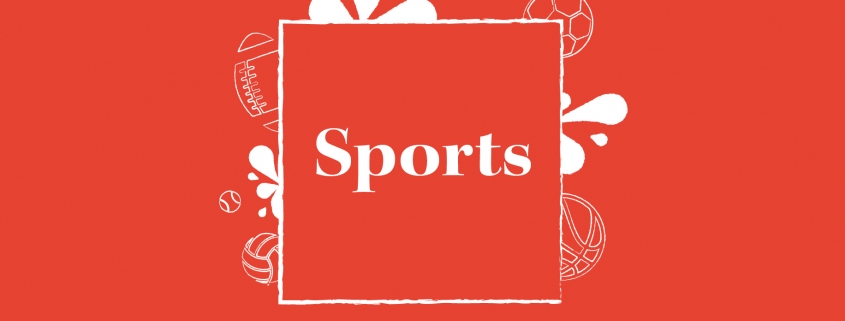Dishing and Swishing: NBA is perfect platform for social justice
Amid the chaos of 2020 — including the way-too-long sports shutdown — the NBA restart at Walt Disney World has been so exciting and fast-paced that each game feels like March Madness. Each team is playing with so much energy, it’s like their seasons were never even suspended in the first place.
However, the players in the bubble have made it well known that they are playing for more than just the Larry O’Brien Championship Trophy. Players are motivated beyond their drive to win. They’re playing for justice.
The killings of Ahmaud Arbery, George Floyd, Breonna Taylor and most recently the shooting of Jacob Blake have reignited the Black Lives Matter movement that has been prioritized by the NBA and its players this season more than virtually any in the league’s history.
“BLACK LIVES MATTER” is printed above center court each game and players have messages such as “Equality” and “Peace” written above their jersey numbers and on their sneakers. The subject of many postgame press conferences has been diverted away from basketball entirely and toward the pressing issue of racial injustice in this country.
All of this has raised the following questions for some: Do we even need sports at all right now? Should successful athletes speak on pertinent issues unrelated to sports while on the court? Should we even mix sports and social justice initiatives together?
The answers: Yes, yes and yes.
One of my favorite things about sports is that it can always bring people together. The pandemic and social justice movement have revealed deep-rooted ideological differences in the public sphere. Our country has arguably become more divided than it has ever been before. Sports, on the other hand, is nonpartisan: You don’t have to belong to a certain political party to shoot some hoops or watch basketball. Team sports, especially, are all about communication, cooperation, teamwork and perseverance.
Since the beginning of the NBA restart, I’ve seen a lot of posts about players advocating for the Black Lives Matter movement on my Instagram feed. But within the comment sections of these posts, I’ve seen a lot more hate toward these athletes for speaking out against racial injustice. Many of these comments have to do with the notion that it doesn’t make sense for NBA players to say that they’re “scared as Black men” in this country — like LeBron James said Monday night — since they are high-profile, wealthy athletes, and that victims of police shootings “should have just complied” with the officers at the scene to avoid violence.
These comments cannot be more insular. Numbers don’t lie: Black men are 2.5 times as likely to be shot and killed by police than their white counterparts.
So when athletes like James make such comments, they are making them from the perspective of a Black person in the United States, period. Wealth does not change one’s race. The argument that Black athletes are somehow immune to police brutality due to the size of their pockets is invalid.
It’s also hard to fathom why people think it’s okay to watch, bet on and root for Black athletes on the court but not support them as Black people off the court, as Utah Jazz guard Donovan Mitchell said in a tweet in June.
What I really want to say with this column, though, is that sports not only brings people together, but as we are witnessing perhaps most prominently with the NBA, sports can be used as a vehicle to spread awareness and support social justice initiatives. The main thing that the NBA Players Association wanted during negotiations on the NBA restart with regard to social justice was to have the players’ voices heard not for publicity reasons but because they knew that their high-profile stature will make fans listen to their words.
Kneeling spreads awareness. Speaking out during press conferences — like Boston Celtics guard Marcus Smart did in July — spreads awareness. Sending out tweets calling for change spreads awareness.
Although my New York Knicks are (unsurprisingly) not competing in the playoffs right now and I’m not rooting for any team in particular to be crowned this tumultuous season’s champion, I find it extremely important to hear what NBA players have to say about the recent shooting of Blake, who was shot in the back seven times by a police officer in Kenosha, Wis. in front of his own children. After all, they have the platform — and they have all the right in the world — to make a difference.
Shawn Farhadian is a sophomore writing about sports. His column, “Dishing and Swishing,” runs every other Wednesday.

